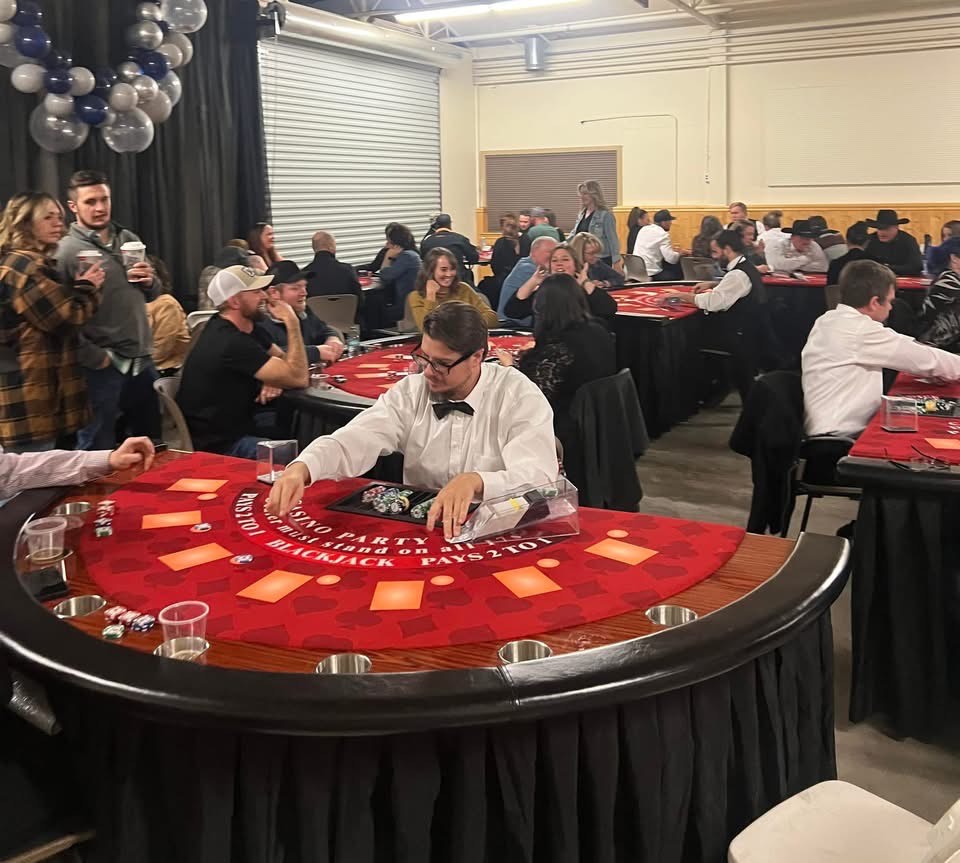Exploring Canadian Watercraft: Tips and Trends
Discover the latest in Canadian watercraft – from Lake Ontario fishing boats to kayaking in the Rockies.
Winning Together: How Community-Based Gambling is Redefining Local Features
Discover how community-based gambling is reshaping local culture and fostering connections. Join the winning team today!
Exploring Community-Based Gambling: A New Era of Local Engagement
Exploring Community-Based Gambling is ushering in a new era of local engagement that not only revitalizes local economies but also fosters a sense of belonging among community members. Instead of the traditional large-scale casinos located far from home, community-based gambling initiatives are focusing on small, localized venues that encourage social interaction and responsible gambling. These establishments often incorporate community feedback into their operations, ensuring that they cater to the specific needs and values of the local populace. By doing so, they create a supportive environment where residents feel welcomed and engaged, transforming the stigma often associated with gambling into an opportunity for community development.
Moreover, community-based gambling is often linked with social responsibility initiatives. These platforms typically allocate a portion of their profits to local charities, scholarships, or community projects, further integrating their operations into the fabric of the neighborhood. With initiatives such as community workshops and safety programs, local gambling venues can promote responsible gambling habits while also educating residents about the potential risks involved. As we dive deeper into this new era of local engagement, it's crucial to recognize and support the positive impacts of community-based gambling on both local economies and social cohesion.

Counter-Strike is a popular multiplayer first-person shooter game that emphasizes teamwork and strategy. Players can choose to be part of either the terrorist or counter-terrorist team, with various missions and objectives to complete. For those looking to enhance their gameplay experience, there are exciting offers available, including the bc.game promo code that can unlock special features and rewards.
How Gambling Initiatives Foster Local Economic Growth and Community Bonds
Gambling initiatives have been shown to play a significant role in fostering local economic growth. By attracting tourists and visitors, these initiatives increase foot traffic and generate additional revenue for local businesses. According to recent studies, regions that have embraced regulated gaming often see job creation in various sectors, including hospitality, retail, and entertainment. The influx of capital from gambling establishments not only boosts employment rates but also encourages investments in local infrastructure, resulting in improved public services and amenities that benefit the entire community.
Moreover, community bonds are strengthened through the social and recreational opportunities that gambling initiatives provide. Local events, such as charity poker tournaments or community fairs hosted at casinos, foster connections among residents. These gatherings promote social interaction and solidarity, while also generating funds for local charities and non-profits. As communities come together to support these initiatives, they build a sense of ownership and pride, making it clear that when managed responsibly, gambling can positively impact both the economy and the social fabric of the area.
What Are the Benefits and Challenges of Community-Centric Gambling?
Community-centric gambling has emerged as a transformative approach within the gaming industry, offering a range of benefits that impact both the players and the communities they belong to. One of the primary advantages is the enhancement of *local economies*. By redirecting a portion of gambling profits back into community initiatives—such as education, healthcare, and infrastructure—these programs can foster a sense of shared responsibility and well-being. Moreover, by focusing on community engagement, operators can develop tailored gaming experiences that resonate with local cultural values, thereby increasing player loyalty and satisfaction.
However, despite these benefits, there are significant challenges to implementing community-centric gambling. One notable issue is the potential for increased *gambling addiction* and its negative effects on community members. As more resources are funneled into gambling platforms, there may be a rise in vulnerable demographics being targeted. Additionally, striking a balance between profit-generation for operators and genuine community support can be difficult. Operators must navigate regulatory frameworks while ensuring that their practices remain ethical and do not exploit their local populations. Addressing these challenges requires a collaborative effort among stakeholders, including local governments, healthcare professionals, and community leaders.